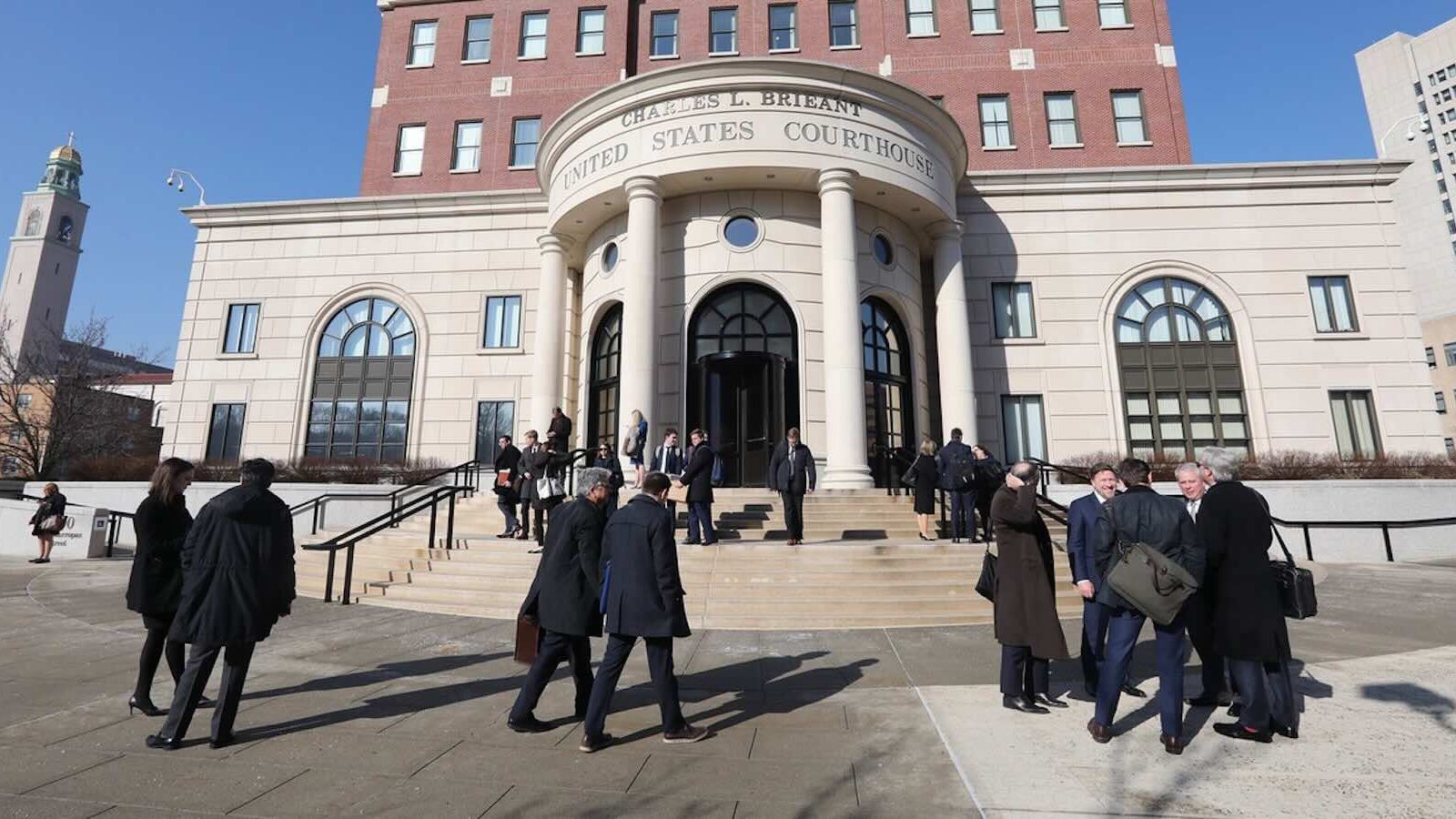New York has officially joined the ranks of states engaged in a jurisdictional battle centered on the operations of tax-paying state-licensed sportsbooks versus sports event contracts on federally regulated exchanges, most notably, the New York City-headquartered Kalshi.
Early Monday morning after receiving a cease-and-desist order on Friday evening from the New York State Gaming Commission (NYSGC), Kalshi, which holds a designated contracts market (DCM) license to operate a derivatives exchange under the authority of the federal Commodity Futures Trade Commission (CFTC), filed suit in New York federal court seeking a preliminary injunction and declaratory relief.
a6822fd5-8f72-46fb-a409-4d82d18b6ad4Kalshi’s arguments cover now-familiar legal territory first explored in late March when the company sued Nevada officials after similarly receiving an order to cease-and-desist offering its sports event markets in the state. Kalshi won an injunction in that matter, still pending, however its DCM peer in Crypto.com lost its bid for such an injunction before the same judge. An appeal there will come, but in the meantime, Crypto.com must pull its sports markets by Nov. 3.
Beyond Nevada, Kalshi has brought actions in New Jersey, Maryland, Ohio, and now New York, while other states have sued Kalshi, and still others have signaled that they are evaluating the matter, warning licensed sportsbooks that their suitability might come up for discussion if they pursue involvement with prediction markets. Illinois issued one such warning shot on Monday, as well.
Meanwhile, in New York, the Kalshi brief begins:
Ny_KalshiThis action challenges the State of New York’s intrusion into the federal government’s exclusive authority to regulate derivatives trading on exchanges overseen by the Commodity Futures Trading Commission (“CFTC”). 7 U.S.C. § 2(a)(1)(A). The New York State Gaming Commission seeks to prevent Plaintiff KalshiEX LLC (“Kalshi”) from offering event contracts for trading on its federally regulated exchange. It does so by threatening Kalshi with imminent civil penalties and fines for offering these contracts. New York’s attempt to regulate Kalshi intrudes upon the federal regulatory framework that Congress established for regulating derivatives on designated exchanges. The state’s efforts to regulate Kalshi are both field-preempted and conflict-preempted. This Court should therefore issue both a preliminary and a permanent injunction, as well as declaratory relief.
Same arguments net differing results
Later in the filing, Kalshi noted that “earlier this year, federal courts in Nevada and New Jersey granted Kalshi preliminary injunctions to prevent similar state overreach.” Kalshi did not mention the unfavorable ruling in Maryland district court on its motion for a preliminary injunction.
New Jersey officials appealed its case to the Third Circuit, where oral arguments took place in September, with a ruling expected in 2026.
The various cases are based on similar facts patterns and arguments — mainly, federal preemption and “exclusive jurisdiction” over prediction market offerings — though the pieces are fitting together in interesting ways as the litigations unfold on separate timetables across the country, and sometimes in the same state — both Crypto.com and Kalshi are in court in Nevada, and preliminary rulings have been different.
For example in this latest filing in New York, Kalshi relies in part on the argument that it faces a “Hobson’s choice” regarding its compliance with a requirement under the CFTC Core Principles, whereby it must offer access to markets equally across the U.S. The company represents that if it did or does not — if the company restricted access geographically in some way — it would violate those Core Principles. In the Nevada case, the judge determined that Kalshi must submit discovery concerning its ability and/or hardship involved in geo-fencing certain locations.
“Defendants should not be forced to accept [Kalshi’s] conclusion that contracts offered on its DCM have independent real-world consequences and thus, fall under the exclusive jurisdiction of the CFTC,” Magistrate Judge Brenda Weksler of the U.S. District Court for the District of Nevada said. “And, given Kalshi’s ability to self-certify contracts, Defendants should not be required to accept as a fait acompli that ‘the CFTC has taken no action to bar Kalshi’s contract on the grounds that they are not swaps.’”
NY: Kalshi violating racing laws
In the New York case, Kalshi claims that on Oct. 24, the New York State Gaming Commission sent Kalshi a cease-and-desist letter and warned that offering sports gaming in New York “in connection with any sports event” under its racing laws empowers it to “levy and collect civil penalties and fines for any violation of the Racing Law.” Listing 20 of Kalshi’s federally self-certified event contracts as unlawful, the Gaming Commission demanded Kalshi cease and desist operations and without providing a compliance date.”
Ultimately, Kalshi wasted no time, and another case is now on the tracks in the Southern District of New York.









